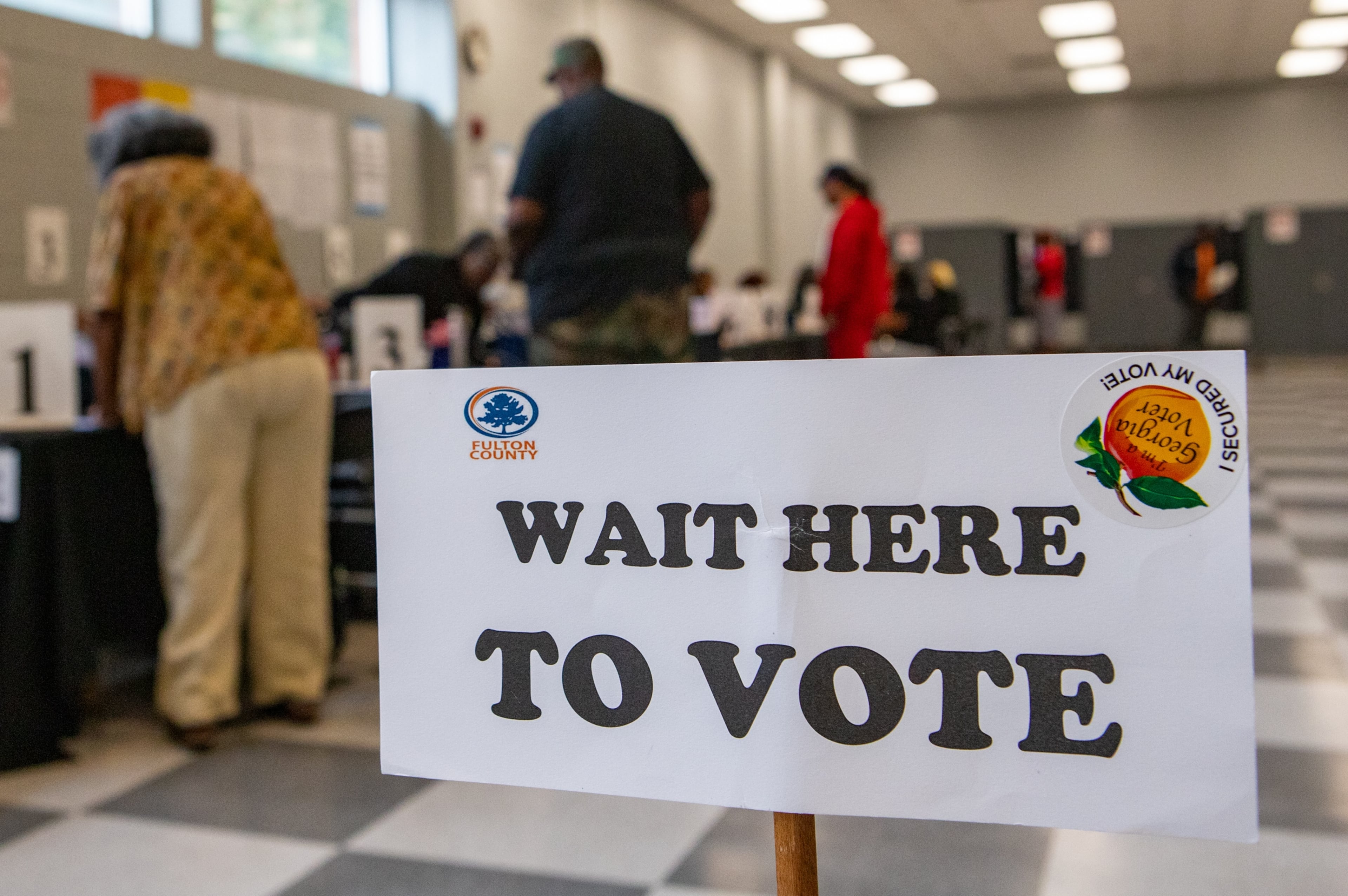Gov. Kemp signs bill to increase tax collections on internet- and app-based sales

Gov. Brian Kemp on Thursday signed into law legislation to increase sales tax collections from customers of internet- and app-based businesses, including Uber and Airbnb.
House Bill 276 was the first major legislation to pass the General Assembly in the 2020 session and could mean big money for a state strapped for funds.
Lawmakers voted during the first week of the session for the measure aimed at forcing "marketplace facilitators" whose websites or apps are used to sell goods or services - provided by someone else - to collect and remit sales taxes. It goes into effect April 1.
Supporters said the taxes are already owed and that the new law will level the competition for brick-and-mortar stores, which have charged sales taxes for their products.
A report in June by a group called the Faith, Justice and Truth Project said the state is losing nearly $750 million a year in sales taxes not collected from such online "marketplace facilitators" of sales.
The state's estimate on the measure is closer to $150 million a year in state and local collections. More than 30 states have similar laws.
Uber lobbyists are expected to push a separate bill that would charge customers a per-ride fee, rather than the sales tax.
The state has seen sluggish tax collections over the past year and while lawmakers are looking for ways to raise more money, they are also having to consider Kemp's proposals to cut 4% in spending this year and 6% next year.



